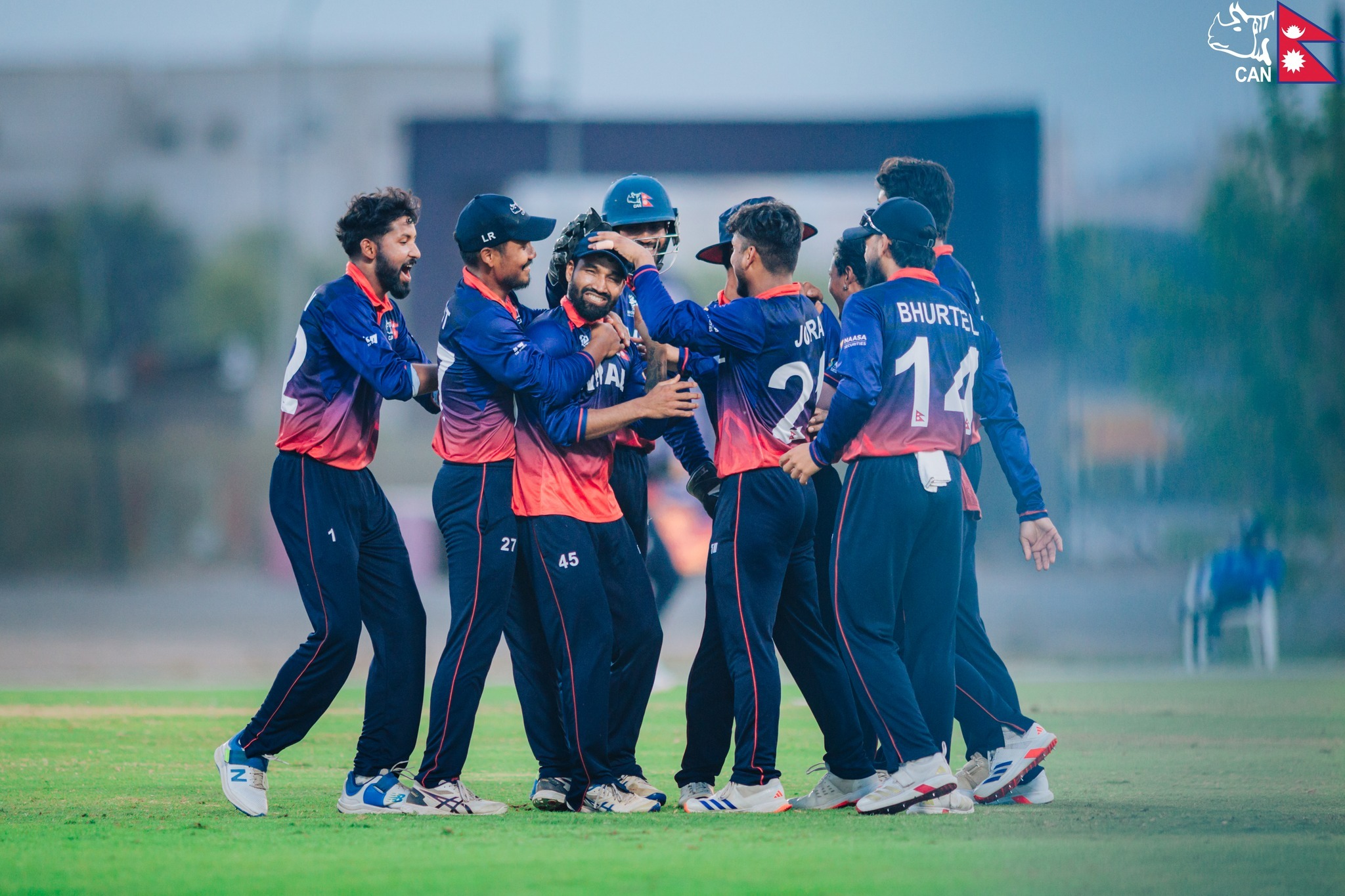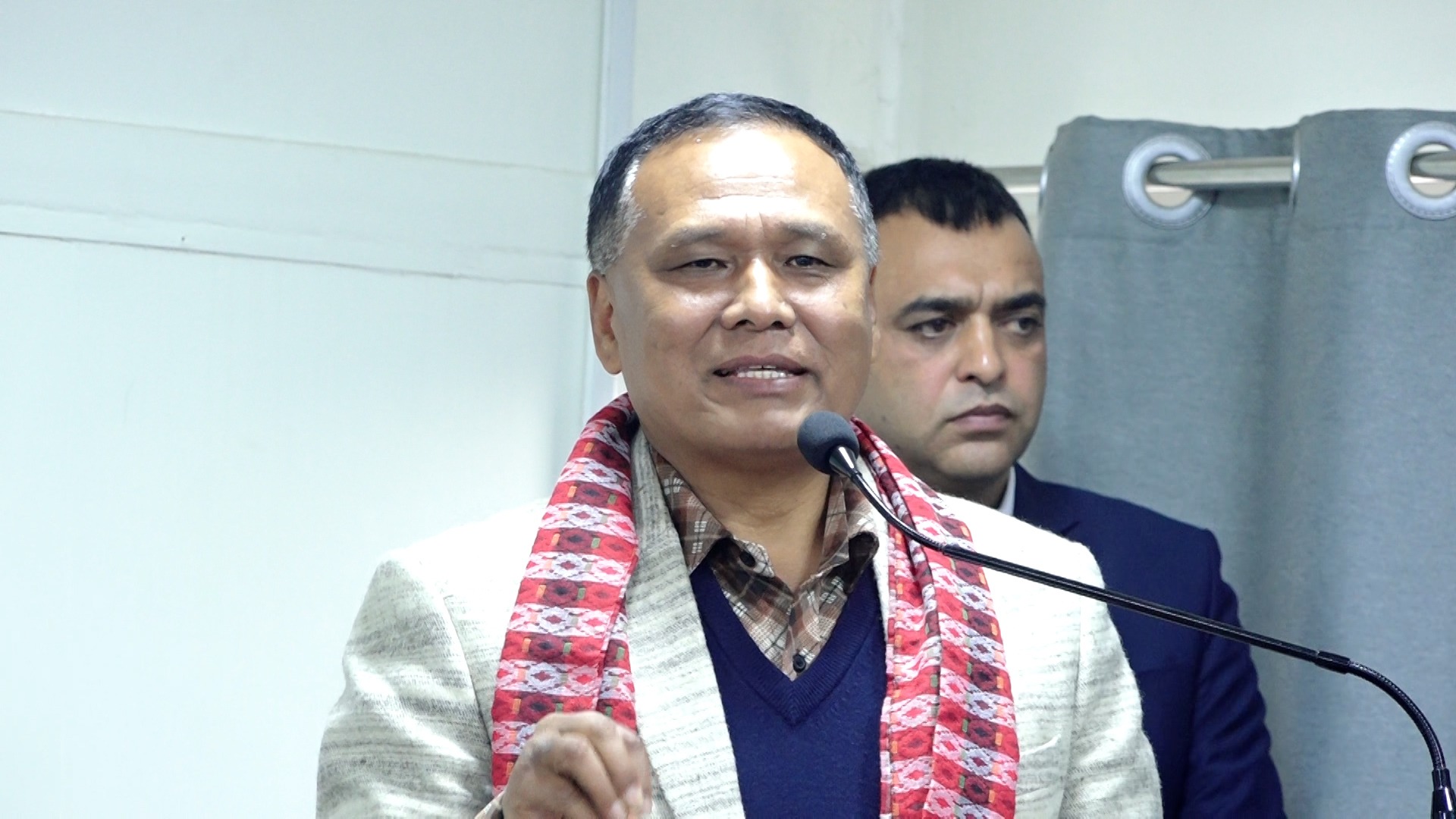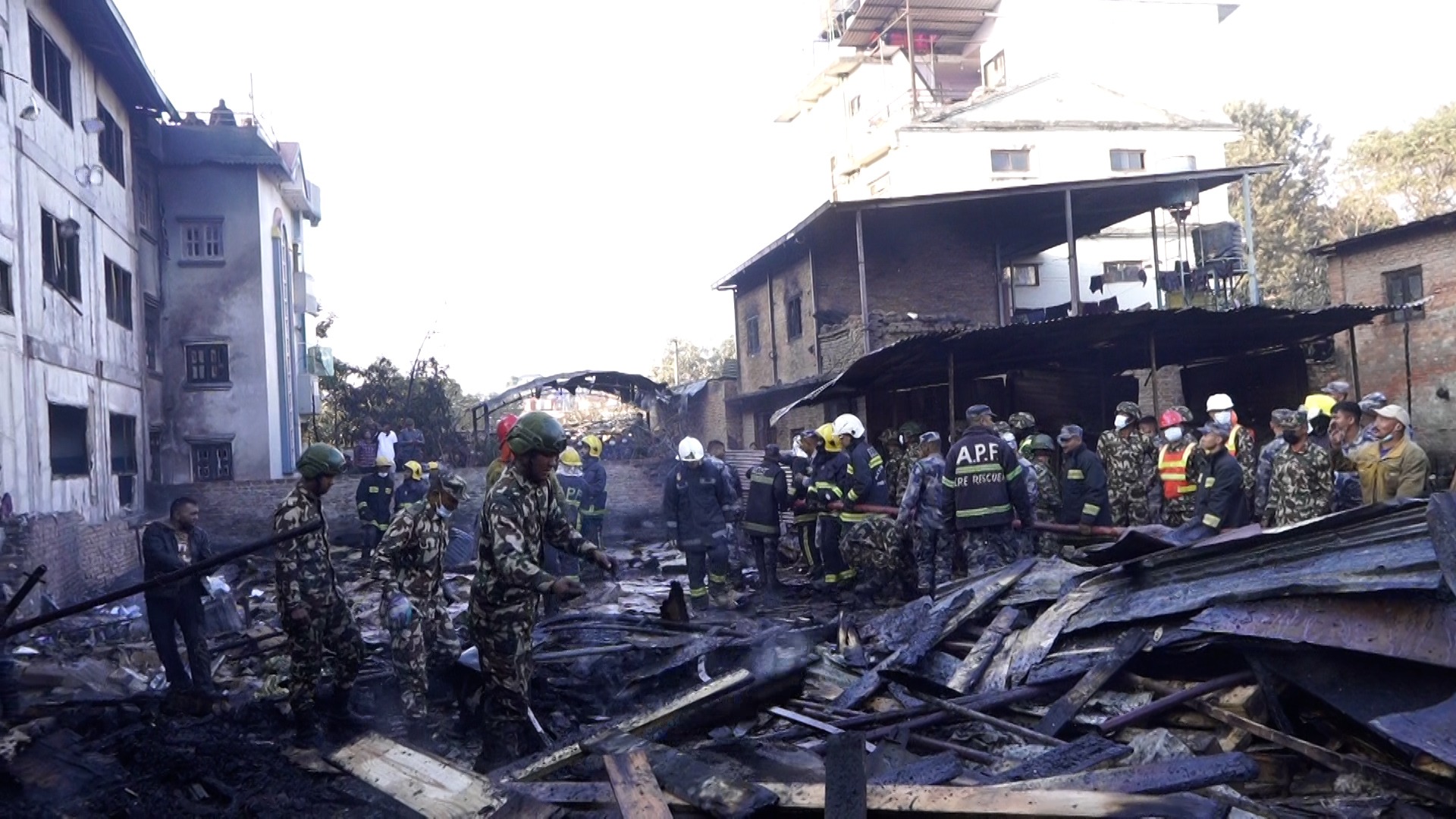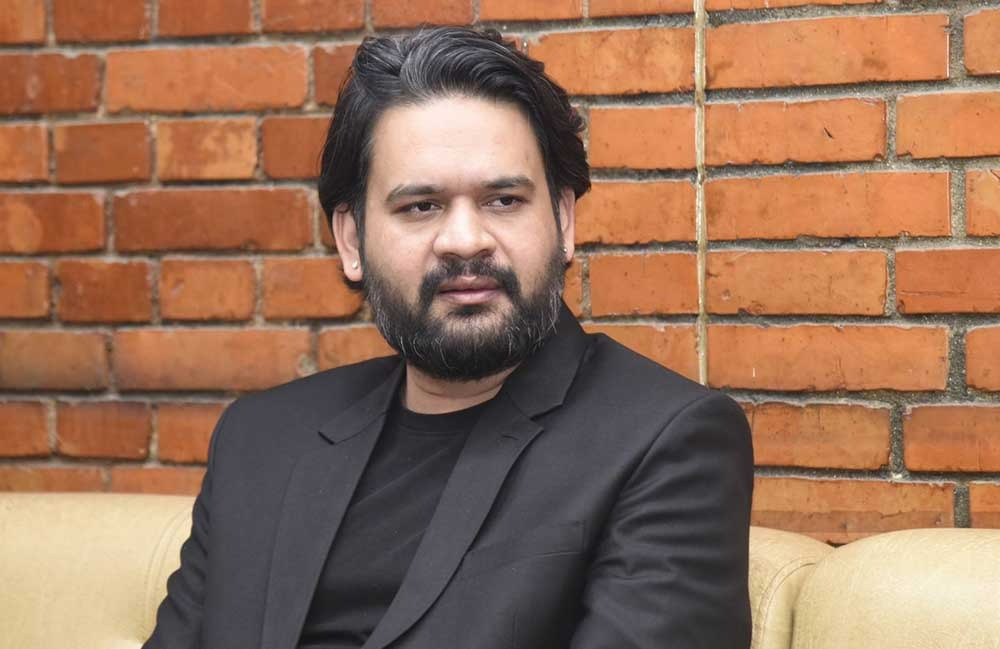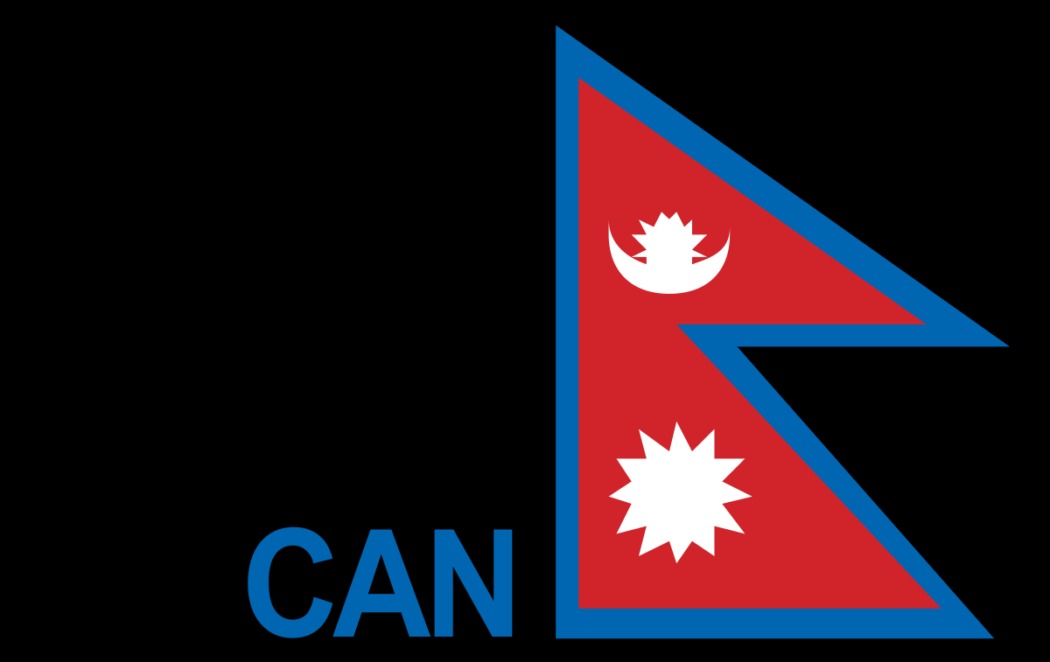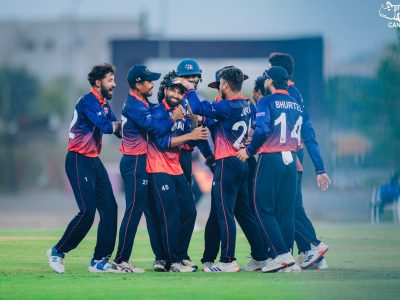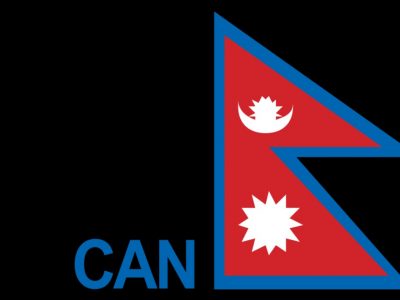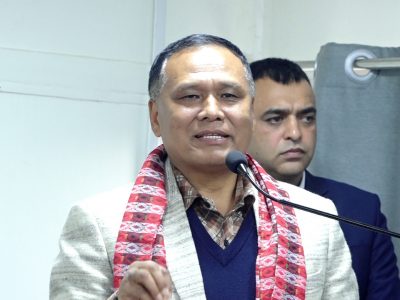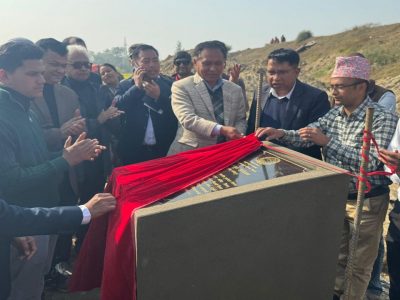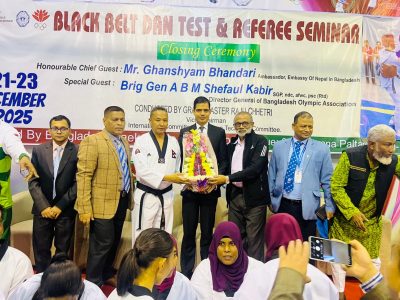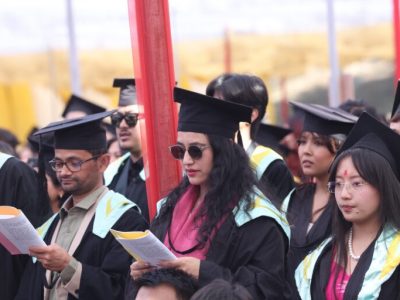Hindus prepare for Chhath Parva; Know about the festival
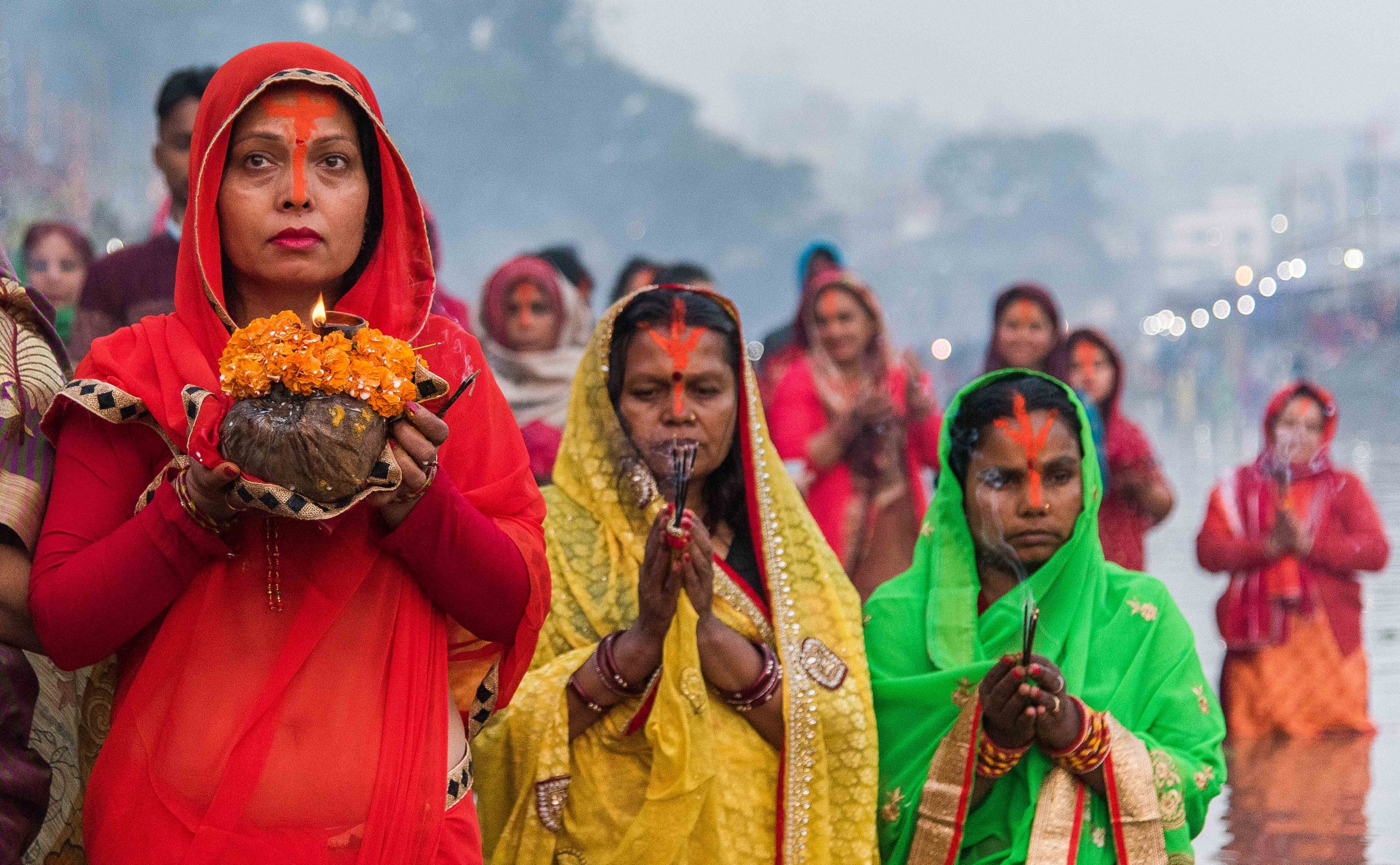
Photo: Simon Paudel
Kathmandu, November 7. With the conclusion of the Deepawali celebration, the residents of Tarai-Madhesh have now started preparing for the upcoming Chhat festival.
The Chhath festival is dedicated to the “Sun”, the God of energy and of the life force which is worshipped to promote well-being, prosperity, and progress. It is observed for four days, from Kartik Shukala Chaturthi to Kartik Shukla Saptami as per the lunar calendar.
The ritual of the Chhath festival does not involve pandits(priests). Devotees in every household offer their prayers to the setting sun, and then the rising sun in celebrating its glory as the cycle of birth starts with death. During the four-day festival, the worshiper observes purity and sleeps on the floor on a single blanket.
The festival is observed as a common cultural symbol of Tarai/Madhes. The festive fanfare has been seen in different parts including Ranipokhari, Gaurighat, Kupondole of Kathmandu Valley as well.
Four days of worshipping Sun
Main rituals of the festival, observed in succession in a period of four days, include Arba-Arbain, kharana, offering arghya to the setting sun, and also offering arghya to the rising sun.
Arba-Arbain ritual is observed on the first day. This ritual is also called nahaya-khaya. Devotees start observing fast from this day and abstain from eating meat and fish, onion, garlic, millet, and lentils. They take holy dips in ponds and rivers on this day in the early morning and start the fast.
On the second day (Panchami), kharana ritual is observed, which is also known as the ‘reduction of sins’. A paste prepared by mixing rice flour and holy water is sprinkled over the place and the altar for performing Chhath rituals. The devotees observe a complete fast on this day without drinking even water. They offer rice pudding to the moon and partake in this offering.
On the third day of the festival, various delicacies are prepared from flour or rice and wheat grains ground in traditional grinders. All family members go to the ponds or the banks of the river, carrying a variety of offerings, amidst the singing of devotional and folk songs.
Parvan rituals are observed on the fourth day or the last day of the Chhath festival. On this day, the devotees go to the banks of the pond or the river, specially anointed for the rituals in the early morning.
Facebook Comment
latest Video
Trending News
- This Week
- This Month


